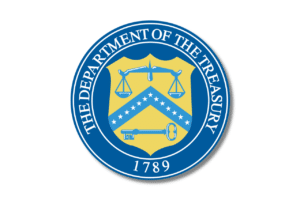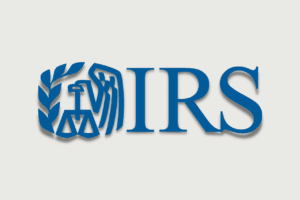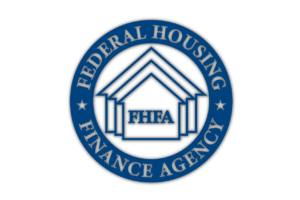Federal / Agency News

Senate Finance Committee Ranking Member Ron Wyden Releases Affordable Housing Priorities
Senate Finance Committee Ranking Member Ron Wyden (D-OR) recently released an outline of affordable housing priorities he will pursue in the next Coronavirus response bill. The six priorities are focused on preserving and expanding affordable housing and, in particular, on supporting LIHTC properties.

Updated Four Percent LIHTC Factsheets
The ACTION Campaign developed a fact sheet showing the nationwide impact of the four percent LIHTC, as well as state-specific fact sheets for 21 states and the District of Columbia, which would most benefit from a minimum four percent LIHTC rate.

67 U.S. Mayors Join ACTION Campaign Letter to Congress
Sixty-seven mayors representing communities across 28 states and the District of Columbia, joined a letter urging Congress to include provisions that support the LIHTC in the next Coronavirus response package.

CDFI Fund Opens FY 2020 Capital Magnet Fund Funding Round
The U.S. Department of the Treasury’s Community Development Financial Institutions Fund (CDFI Fund) opened the fiscal year (FY) 2020 funding round for the Capital Magnet Fund. The application process consists of two parts: submitting the SF-424 Mandatory form through Grants.gov and submitting the rest of the application through the CDFI Fund’s Awards Management Information System (AMIS).

IRS Notice Extends Continuity Safe Harbor to Five Years for PTC, ITC Properties Affected by COVID-19-Related Delays
The Internal Revenue Service issued Notice 2020-41 to extend the continuity safe harbor for renewable energy production tax credit (PTC) and investment tax credit (ITC) properties that began construction in 2016 or 2017. The notice adds an extra year to the four-year continuity safe harbor in existing guidance, stating that those projects placed in service within five years will be deemed continuous.

OCC Issues Final CRA Rule
Today the Office of the Comptroller of the Currency (OCC) released its final rule on Community Reinvestment Act (CRA) Regulations and a non-exhaustive list of CRA activities. The Federal Deposit Insurance Corporation (FDIC) declined to join today’s final rule saying in a statement, “While the FDIC strongly supports the efforts to make the CRA rules clearer, more transparent, and less subjective, the agency is not prepared to finalize the CRA proposal at this time.

House Democrats Introduce $1 Trillion HEROES Act
On Tuesday, House Democrats unveiled the Health and Economic Recovery Omnibus Emergency Solutions Act (HEROES Act) and summary. While the House is expected to vote on the $3 trillion bill on Friday, it is unlikely to become law, at least not in its current form. The bill is largely a messaging document that lays the groundwork for negotiations with the Senate and Republicans.

Senate Confirms Brian Montgomery as HUD Deputy Secretary; Advances Nomination for FHA Commissioner
On Tuesday the Senate voted 61-32 to confirm Brian Montgomery as HUD’s deputy secretary. In a hearing last week the Senate Banking, Housing and Urban Affairs Committee advanced the nomination of Dana Wade to be the Assistant Secretary for Housing and Federal Housing Commissioner at HUD.

House and Senate Introduce Emergency Rental Assistance and Rental Market Stabilization Act
Senate Banking, Housing and Urban Affairs Committee Ranking Member Sherrod Brown (D-OH) and 25 co-sponsors introduced the Emergency Rental Assistance and Rental Market Stabilization Act, which would provide $100 billion in emergency rental assistance.

NH&RA Letter Urges HUD to Issue Guidance to PHAs on Allocating Relief Funding to Mixed-Finance Properties
NH&RA sent a letter to HUD calling for guidance to PHAs on the distribution distributing of relief funds to mixed-finance properties as well as traditional public housing properties.

CFPB, FHFA & HUD Launch Joint COVID-19 Mortgage and Housing Assistance Website
The Consumer Financial Protection Bureau (CFPB), Federal Housing Finance Agency (FHFA) and HUD launched an online resource on mortgage and housing assistance for renters and homeowners affected by COVID-19.

FHFA Announces Tools to Help Renters Find Out if They are Protected from Eviction
The Federal Housing Finance Agency (FHFA) announced that Fannie Mae and Freddie Mac created online multifamily property lookup tools to help renters find out if they are protected from evictions during the COVID-19 pandemic through the CARES Act.